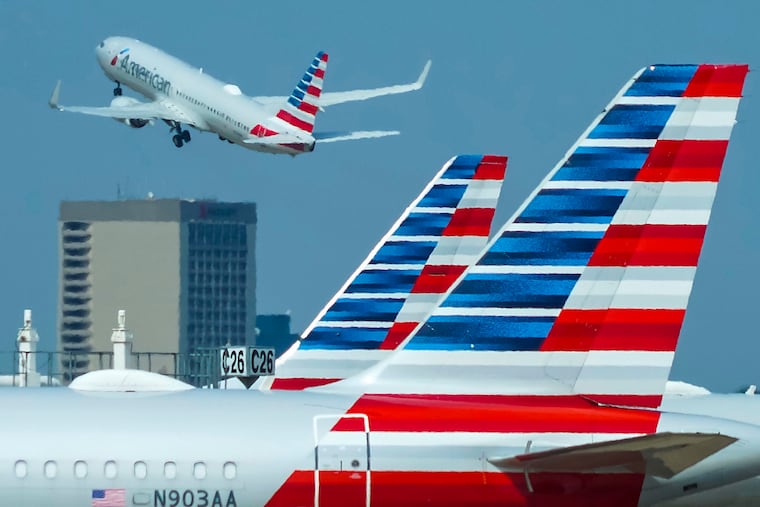Airlines, airports hope a spring travel boom extends into summer
United Airlines reported it was seeing better-than-expected bookings as the number of cases tied to omicron began to fade.

The parking garages are filling up. The terminals are buzzing. Passengers, and their bags stuffed with sunscreen and snacks, are back.
Airlines say the effects of the omicron variant have largely faded, and even with concerns about the BA.2 COVID-19 strain, rising fuel prices, and higher labor costs, the industry’s hopes for a strong spring and summer appear to be on track.
“Last year was good, but this year is even better,” said Tampa International Airport chief executive Joe Lopano. “When you go out into the terminal, it feels like 2019.”
In March, the Transportation Security Administration reported 19 days in which officers screened more than two million people, compared with none in March 2021. April is seeing multiple days when screening counts are topping two million — a number that was routinely surpassed in 2019.
“People are beginning to travel again, there’s no denying that,” said Ragina Ali, spokeswoman for AAA Mid-Atlantic.
American Airlines, meanwhile, has hired a bus company to carry passengers between Philadelphia, where it is the largest carrier, and two airports that are only a short hop away by air. The service will start June 3 between Philadelphia International Airport and airports in Allentown and Atlantic City. It will help customers connect to American’s international flights from Philadelphia. .
In the nation’s capital, officials at Reagan National Airport are urging travelers to make reservations if they want a parking space as garages increasingly reach capacity.
Last month, United Airlines reported it was seeing better-than-expected bookings as the number of cases tied to omicron began to fade.
“System bookings for future travel have improved close to 40 points since the first week of 2022 and business traffic has increased more than 30 points since the peak of the omicron impact in January 2022,” the company reported.
Analysts say vaccines are another reason demand is stronger this year. At this time last year, health officials had only begun to offer coronavirus shots. According to the Washington Post, nearly 66% of Americans are now fully vaccinated.
Even so, the travel industry has been here before: Last spring, the vaccine rollout spurred renewed demand for air travel; then the delta variant stalled the recovery in late summer. Bookings surged again around Thanksgiving and Christmas, but so, too, did infections. The rising number of cases left airlines short-staffed and — combined with bad weather — led to thousands of flight delays.
Mindful of the potential pitfalls, many carriers have trimmed their schedules to better match staffing levels, hoping to avoid a repeat of last year’s troubles.
Still, operational issues remain. More than 3,000 flights were canceled last weekend amid thunderstorms in Florida as carriers simultaneously struggled with staffing issues.
Ticket prices now are edging up. The average U.S. round-trip ticket in February was $464, a 34% increase from February 2021, Airlines Reporting Corp. said.